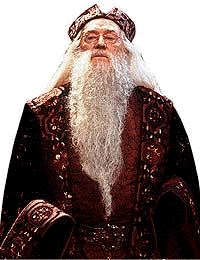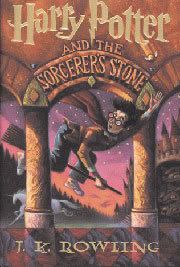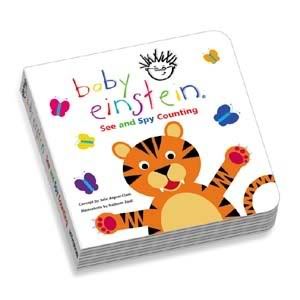Penelope was Odysseus’ wife in The Odyssey by Homer. Odysseus, a hero from the Trojan War, is on his way back to their home in Ithaca after the war is over, and he is constantly waylaid and prevented from returning. His trip and all that it entailed is the premise of the epic poem, but it is Penelope who catches my attention each time I read it.

He is gone for twenty years, and she waits unfailingly and patiently for his return. Despite their home being overwhelmed by suitors who wish to marry her, she keeps them at bay by promising to choose one of them once she has finished weaving the shroud of Laertes. She weaves all day, and each night she unravels her work so that the project will never be completed.
He eventually is able to return home to her, and they are reunited. And it feels so good.

Her loyalty and dedication to her husband are admirable (though not necessarily practical in those days, since she would have had no way of knowing whether he was still alive). She’s one of my favorite characters in literature. Thanks, Homer!
Medea is another favorite of mine, but not for reasons you might think. She certainly was a strong woman, but her morals were enormously lacking. As a writer, I love her for the depth and breadth of her characterization. I like her history and the psychologically destructive things she’s endured that brought her to the brink of insanity (and eventually over it).

Medea was a sorceress at the time Jason and the Argonauts sailed on a quest for the Golden Fleece.

Her assistance was requested, and she promised to help Jason in his search and acquisition of the item in question if he agreed to take her home with him and marry her afterward. He agrees.

According to some stories, the Argonauts were being pursued and were in danger of being overtaken. In order to slow their progress, Medea killed and dismembered her own brother and scattered the pieces (for lack of a better word) into the sea so that their pursuers would stop to collect the remains for a proper burial. In her love for Jason, she performed this first heinous act in order to protect him. Bonus points for sheer craziness.
They got married and had two children. Later in life, Jason got ants in his pants and wanted to break things off with his wife in favor of a new, younger woman (obviously). Medea goes cuckoo again and sends a poisoned dress to his girlfriend. The dress successfully kills the woman as well as her father, who tried to save her. Medea then takes the lives of her own two sons in order to do the most psychological damage to her husband. She escapes to Athens on a golden chariot driven by dragons, which was sent by her grandfather, the god of the sun.

Yikes. So she’s clearly deranged. But I love the story because of the dynamic that is there within her. Her story is twisted and crazy, and she’s completely over the top. Medea is a great play by Euripedes which tragically illustrates her story. It’s a must-read if you love classic literature. Especially the nutso ancient Greek stuff.


